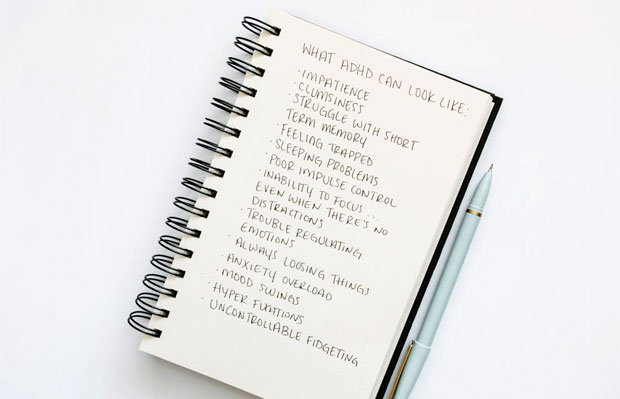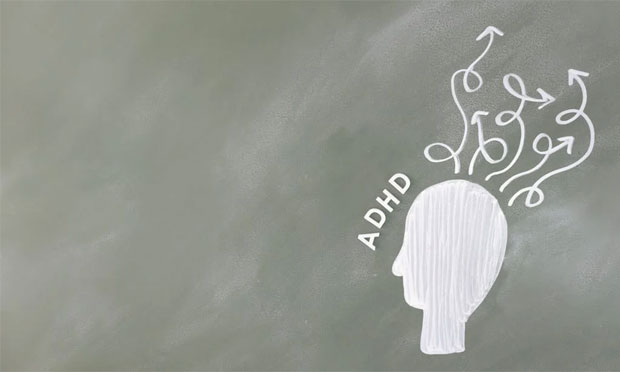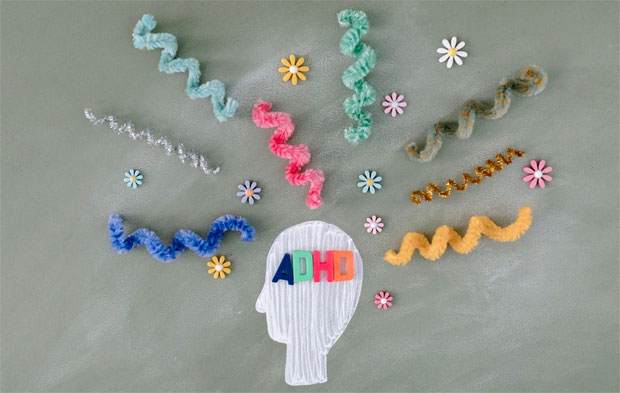Navigating the Challenges of Adult Life: Effective Strategies for Managing ADHD

Navigating the Challenges of Adult Life: Effective Strategies for Managing ADHD
ADHD (Attention-Deficit/Hyperactivity Disorder), however, is not merely a childhood condition, and for many people, the effects carry on into adulthood. A lot of people are unable to avoid ADHD in their relationships, jobs, or general quality of life. When it comes to ADHD in adults, knowing how to cope and what works best can make all the difference in daily functioning. Read on for helpful strategies for managing ADHD as a grown-up.
Understanding ADHD in Adults
ADHD symptoms in adults are quite different from those in children. While hyperactivity in kids is often easy to spot, in adults, it tends to show up more subtly, like restlessness, trouble focusing, or difficulty staying organised. These challenges can create problems in your personal life, career, and relationships. Without understanding what adult ADHD is, many people go undiagnosed or are misdiagnosed, leaving them to struggle without proper support or ADHD treatment for adults. Recognising the signs and getting the right help can make a big difference in managing the condition and improving daily life.
Identifying these symptoms is the first step you would take to manage your disorder effectively. Common signs include:
- Inattention: Adults with ADHD may need help completing tasks, following through on projects, or remembering details and dates.
- Impulsivity: They often make snap decisions or cut others off, which is another classic characteristic of adults with ADHD.
- Disorganisation: A structured area is complex for them, leading to missed deadlines and lost items.
Recognising these symptoms is essential for adults who believe they have ADHD and underlines the need to have an assessment and support.

The Role of Professional Guidance
When it comes to adults living with ADHD, it helps to have a pro in your corner. ADHD can also be diagnosed by psychologists or psychiatrists equipped to evaluate an individual thoroughly. In most of these cases, the assessment involves:
- A comprehensive symptom inventory.
- A description of behaviour.
- Collateral information by family members or a partner.
After diagnosis, adults can access different treatments, such as medication, therapy, and lifestyle changes. Each option helps to treat symptoms and improve quality of life.
Exploring Treatment Options
- Medication: This is the same reason why adults with ADHD could benefit from drugs that balance out neurotransmitters in the brain. Amphetamines, methylphenidate (Ritalin), etc., are among the most commonly prescribed medications, increasing attentiveness and reducing impulsivity. And for people who do not respond to stimulants, there are non-stimulant medications. That means it’ll be up to a healthcare provider to determine your best medicine and dosage.
- Cognitive Behavioural Therapy (CBT): A type of psychotherapy that helps you identify negative thought patterns and behaviours and teaches skills to change those. CBT can also be a handy tool for adults with ADHD indeed to discover how to chastise yourself, ranging from where you place things to increasing the number of priorities and placing impulses. Such involving therapy encourages realistic techniques for coping with the actual adult world but is frequently combined with medicine as an all-natural ADHD remedy for adults.
- Coaching and Support Groups: Hiring a coach for adult ADHD or joining ADHD support groups can provide tailored tactics to regain control and accountability for carrying them out. Support groups offer community, letting adults compare notes on what they are experiencing and ways to cope. Connect with others struggling with the same things to inspire and uplift you.

Lifestyle Modifications for Managing ADHD
In addition to professional treatment, lifestyle changes can significantly impact the management of ADHD symptoms. Here are some effective strategies for ADHD treatment for adults:
- Establishing Routines: Daily routines can offer structure and reduce the sense of chaos. Waking up and going to sleep at the exact times every day, scheduled breaks, and scheduled times for specific tasks help with productivity.
- Utilising Technology: If you have ADHD, some many apps and tools can assist you with staying organised. Calendar apps, task management tools, and reminders come into play as they help you bring more order to planning and prioritising.
- Practising Mindfulness: Mindfulness helps enhance concentration and decrease stress, and practising meditation or yoga can be beneficial. By practising mindfulness regularly, we can improve emotional regulation and well-being.
- Regular Physical Activity is one of the most effective ADHD treatments for adults. Exercise helps with mood, attention, and restlessness. Even something as simple as running, swimming, or walking can do wonders.
- Nutrition and Sleep: A diet of omega-3 fatty acids, whole grains, and proteins aids brain health. We also have to practice good sleep hygiene—adults with ADHD tend to have more sleep disruptions and sleeping problems, which can make symptoms worse. Having a calming pre-sleep routine, along with reducing screens before sleep, can improve the quality of sleep.
Building a Support Network
Family members, friends, and co-workers can profoundly influence adults affected by ADHD. They help convey an impression of optimism and satisfaction, but open communication about problems is indispensable for the actual approach. Employers can also create a sense of hope by instituting accommodations that allow for a better work environment, like flexible hours or negotiated changes to workload goals.
By looking for the in-depth knowledge and resources needed, people with ADHD can make their path to management more decidable and self-directed. They can connect you with groups that focus on ADHD awareness and education.

Conclusion – Effective Strategies for Managing ADHD
As an adult with ADHD, life can become burdensome, but living well with ADHD is not only possible but attainable with proper support and techniques. Usually, adults can lead their daily lives more comfortably by being aware of the symptoms, speaking to professionals, and using good management strategies. However, understanding ADHD treatment for adults can empower them to flourish—whether through medication, therapy or an adjustment of lifestyle. That alone will help society realise that adults living with ADHD need only compassion and accommodation before behaviours are reined in.
Guest Article.




